
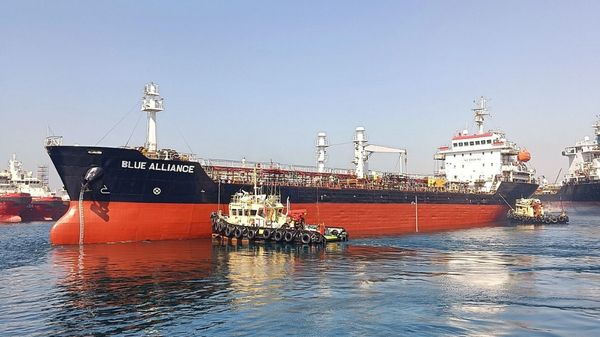
|
Global Fuel Supply unveils Blue Alliance tanker after Dubai upgrade works
Marine fuel supplier completes intermediate survey and technical upgrades on vessel ahead of operational service. |
|
|
|
||
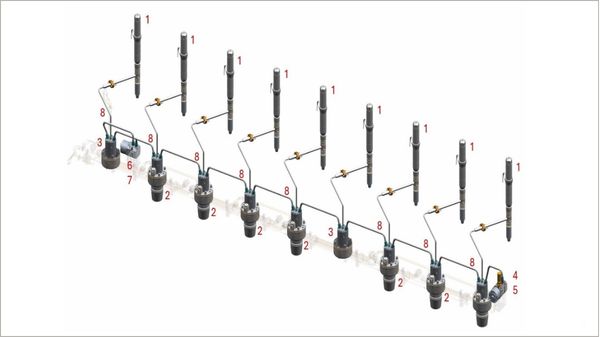
|
Everllence common-rail technology surpasses 20 million operating hours
Engine maker’s common-rail systems reach milestone across 600 engines and 5,500 cylinders over 18 years. |
|
|
|
||
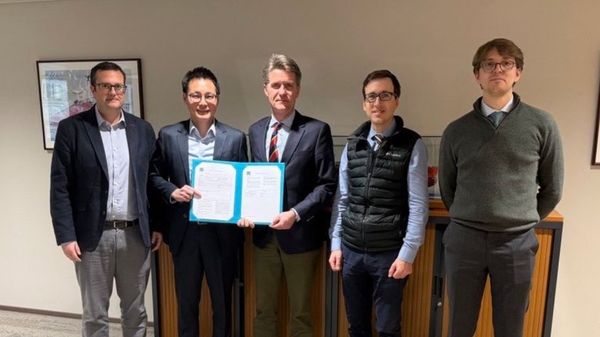
|
LR Advisory appointed by Geogas Trading to develop FuelEU Maritime compliance strategy
Lloyd’s Register division to support charterer with emissions planning and FuelEU pooling operationalisation. |
|
|
|
||
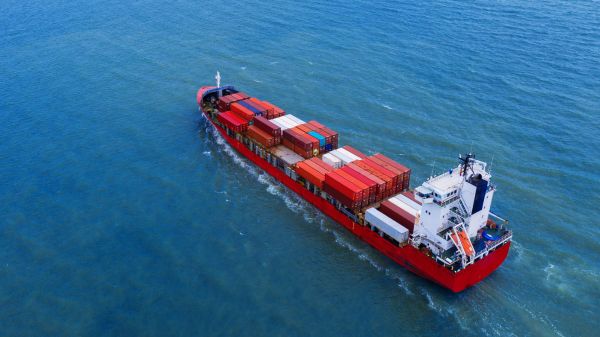
|
ICS survey shows maritime leaders favour LNG as industry awaits IMO net-zero vote
Barometer reveals strategic shift towards conservative fuel choices amid regulatory uncertainty over decarbonisation framework. |
|
|
|
||

|
Petrobras bunker operations to close for Carnival, with higher prices during holiday period
Brazilian headquarters shut 16-18 February; Rotterdam office to handle new sales during closure. |
|
|
|
||
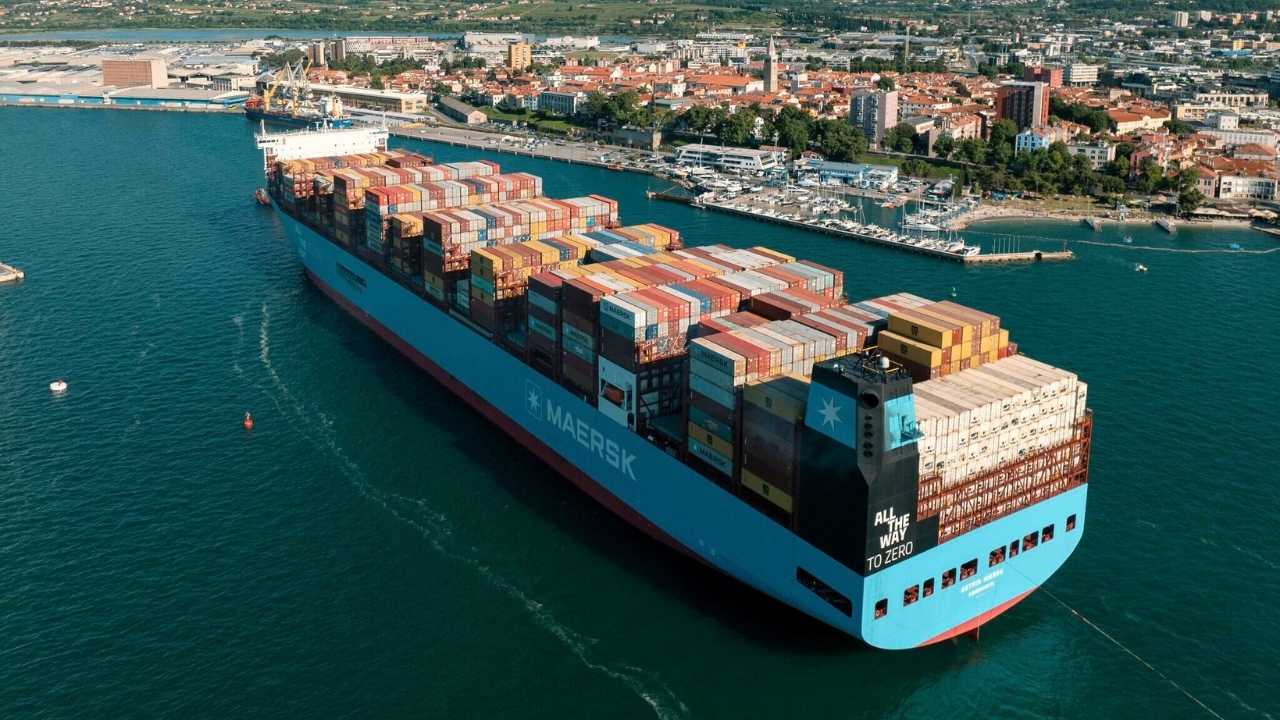
|
Maersk container ship returns to Suez Canal as Gemini Cooperation reroutes ME-11 service
Astrid Maersk becomes third Maersk vessel to transit canal since strategic partnership agreement signed. |
|
|
|
||

|
Petredec invests in Carnot Engines to accelerate LPG-fuelled engine development
Partnership aims to deploy high-efficiency engines across transport, maritime and power generation sectors. |
|
|
|
||
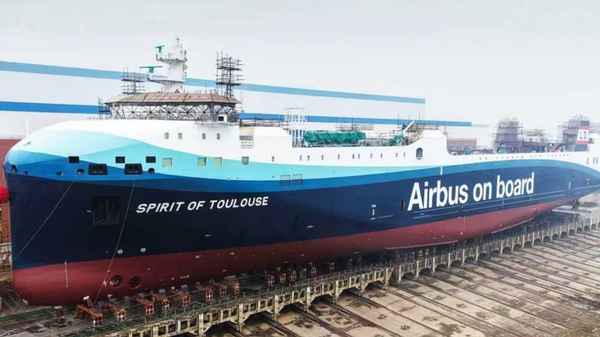
|
LD Armateurs launches first of three wind-assisted RoRo vessels for Airbus transatlantic route
Spirit of Toulouse features Norsepower rotor sails and dual-fuel engines capable of running on methanol. |
|
|
|
||

|
Flex Commodities appoints Akshat Agrawal as operations manager
Dubai-based marine fuel trader adds experienced operations professional to support global expansion. |
|
|
|
||
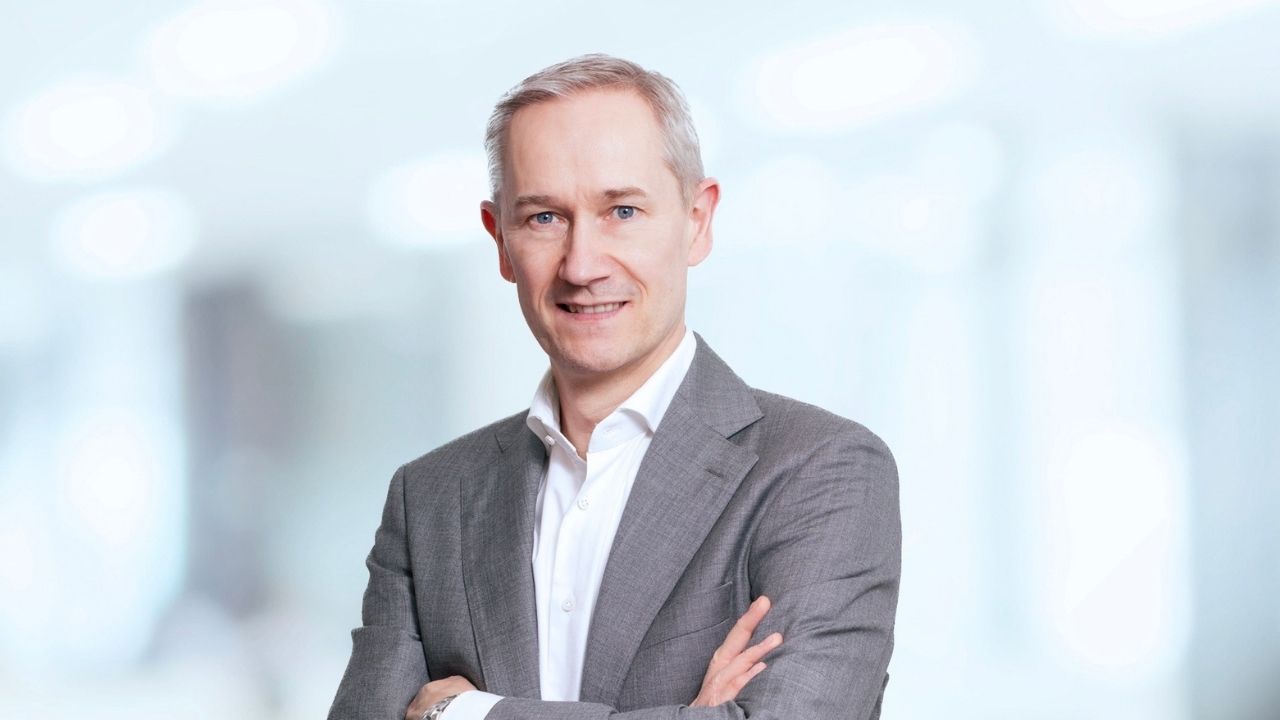
|
Peninsula lauds appointment of Jeroen De Vos as IBIA vice chair
De Vos has served on the bunker industry association’s board of directors since 2023. |
|
|
|
||
| ICS urges nations - such as US - not to 'derail' GHG reduction agreement [News & Insights] |
| Bunker suppliers must prepare for death of fossil fuels: ICS director [News & Insights] |